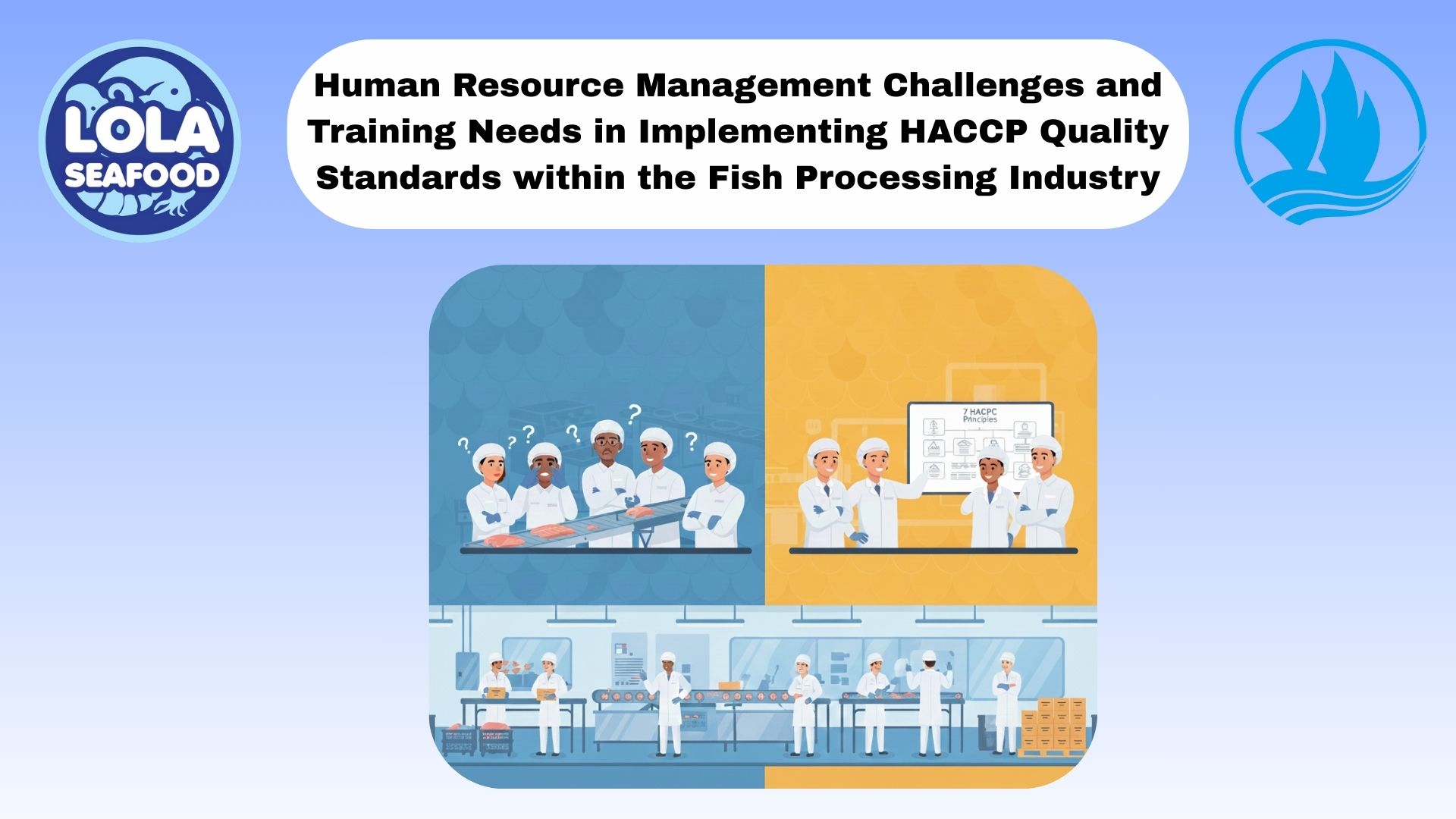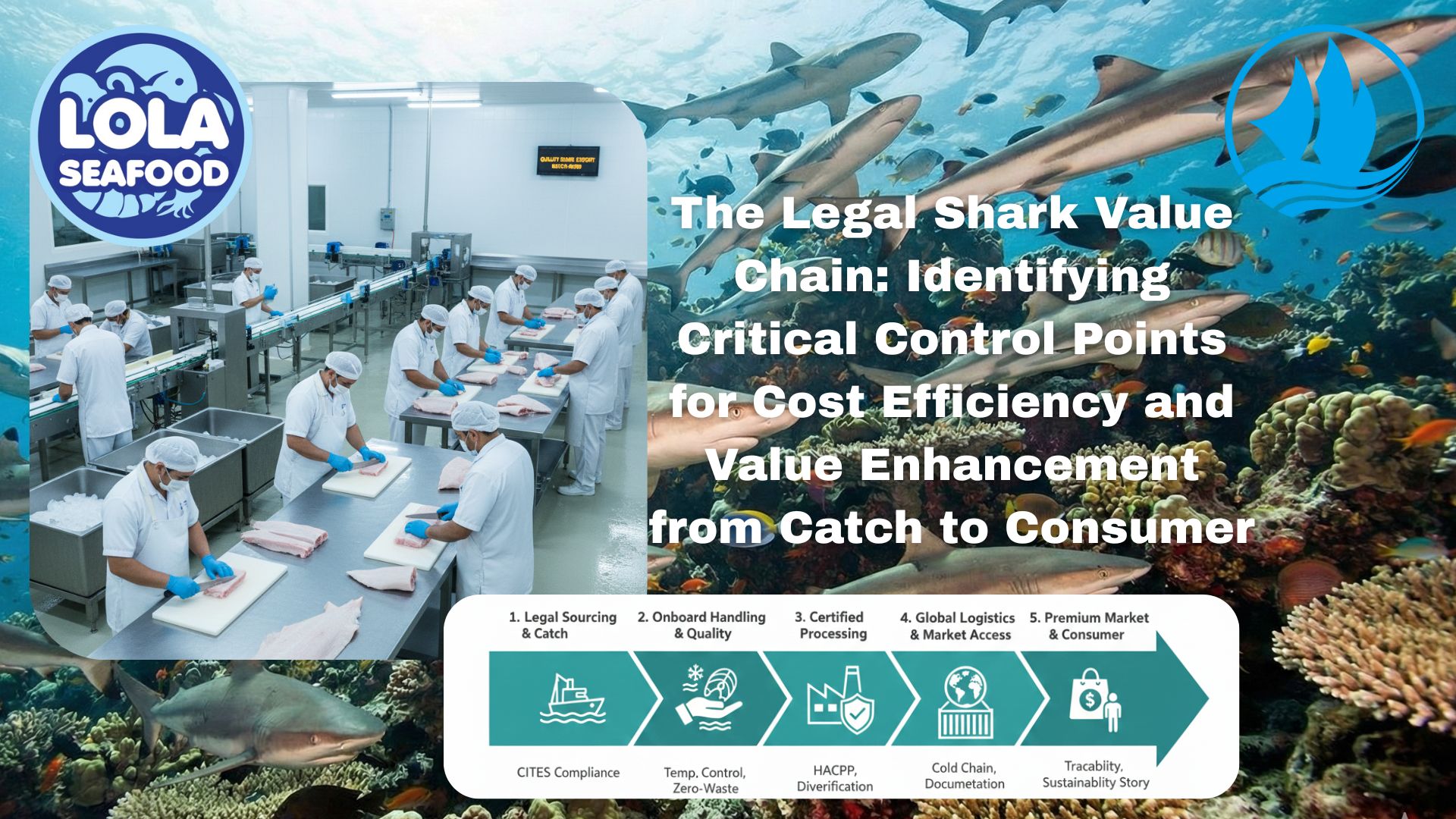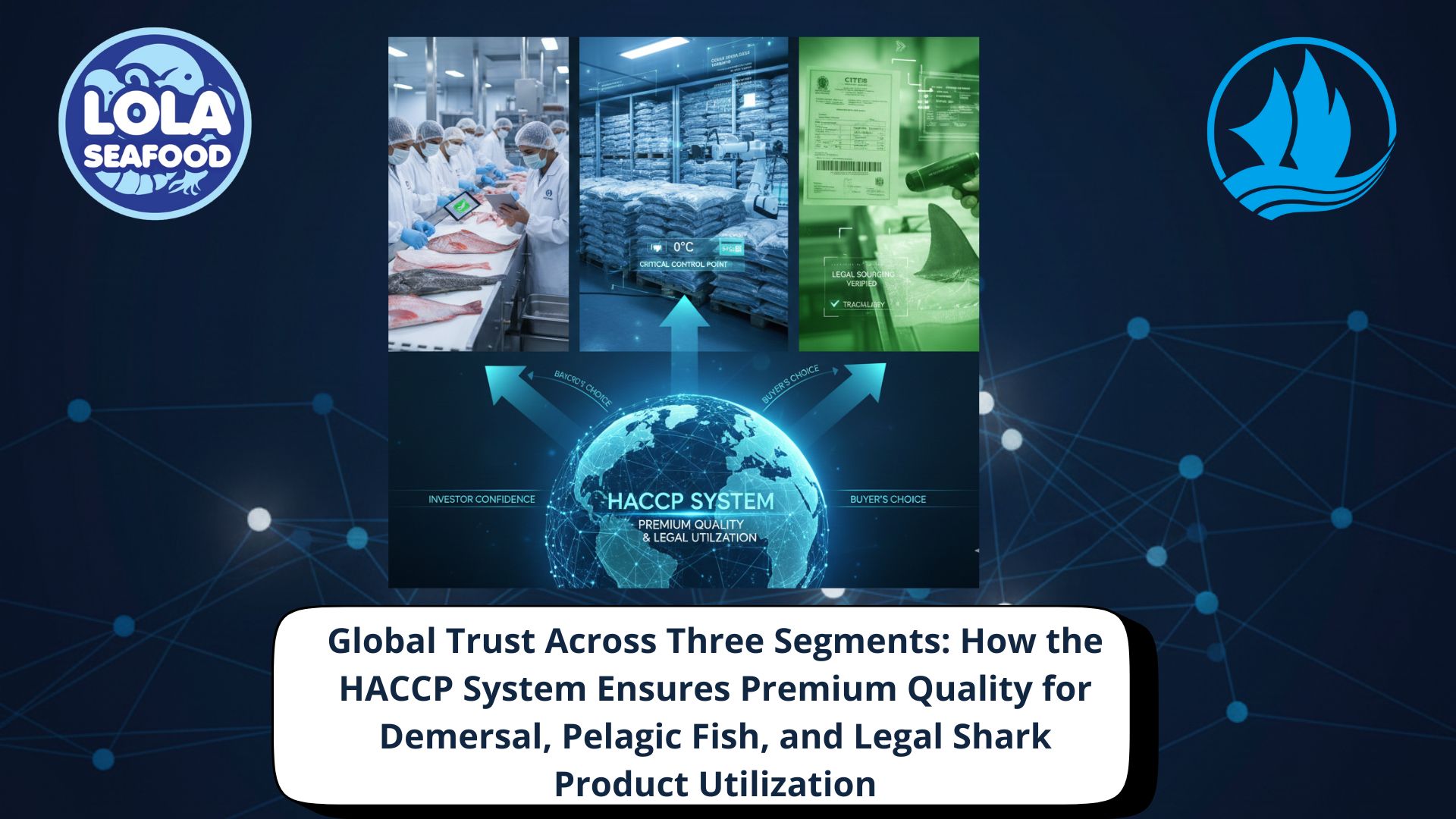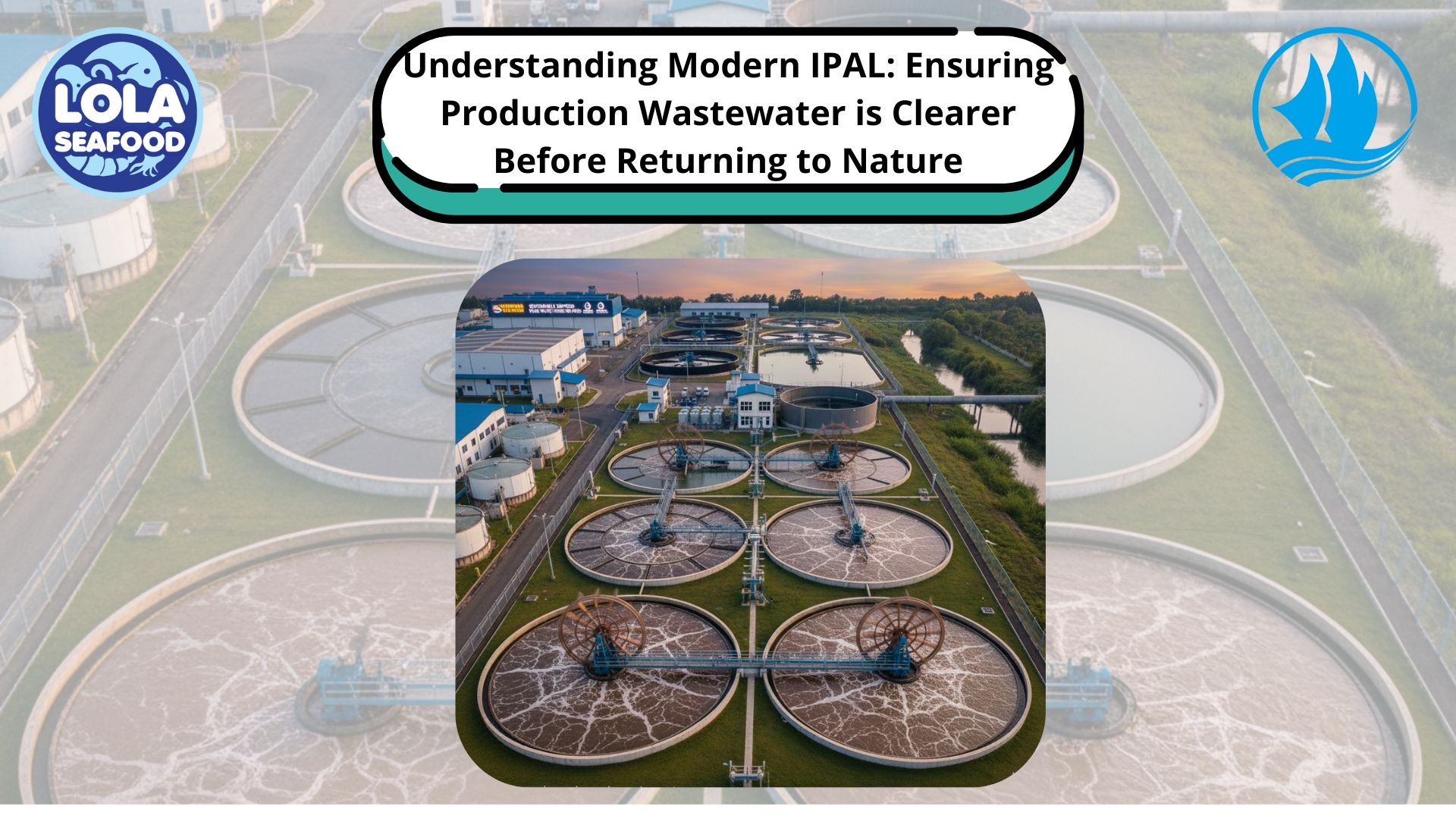Implication of Aquatic Bacteria
By. Najih - 22 Mar 2024.jpg)
Aquatic ecosystems, including freshwater lakes, rivers, oceans, and estuaries, host a myriad of bacterial species that play essential roles in nutrient cycling, decomposition, and maintaining ecological balance. While many aquatic bacteria are beneficial to ecosystem health, certain species can pose risks to human health through the transmission of waterborne pathogens. Understanding the diversity, dynamics, and ecological functions of aquatic bacterial communities is crucial for managing water resources sustainably and safeguarding public health.
Aquatic environments exhibit immense microbial diversity, with bacterial communities varying significantly based on factors such as water temperature, pH, nutrient availability, and anthropogenic influences. These bacteria contribute to essential ecological processes such as nutrient cycling, carbon fixation, and organic matter decomposition, shaping the structure and function of aquatic ecosystems.
While many aquatic bacteria are harmless or beneficial, certain pathogenic bacteria pose risks to human health when present in water sources. Pathogens such as Escherichia coli, Salmonella spp., can cause waterborne diseases such as gastrointestinal infections, cholera, and Legionnaires' disease. Additionally, harmful algal blooms (HABs) caused by cyanobacteria can produce toxins harmful to humans and aquatic organisms, posing significant challenges to water quality management and public health protection.
Mitigating the risks associated with waterborne pathogens requires comprehensive monitoring, management, and treatment of water resources. Strategies such as regular water quality monitoring, source water protection measures, wastewater treatment, and public education campaigns are essential for preventing waterborne illnesses and maintaining safe drinking water supplies. Additionally, advances in molecular techniques, such as metagenomics and next-generation sequencing, hold promise for advancing our understanding of aquatic microbial ecology and identifying emerging threats to water quality and public health.
.jpg)
The Impact of HACCP-Based Integrated Quality Management Programs on the Quality and Competitiveness of Fresh Demersal Fish Products
 and Employee Productivity on the Demersal Fish Processing Floor.jpg)
The Correlation Between Occupational Health and Safety (OHS) and Employee Productivity on the Demersal Fish Processing Floor

Human Resource Management Challenges and Training Needs in Implementing HACCP Quality Standards within the Fish Processing Industry

The Legal Shark Value Chain: Identifying Critical Control Points for Cost Efficiency and Value Enhancement from Catch to Consumer



.jpg)
 in Meeting Global Protein Demand Sustainably.jpg)